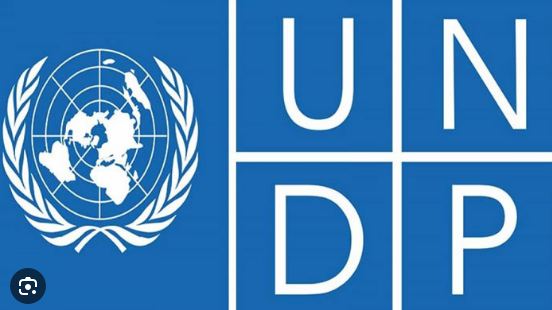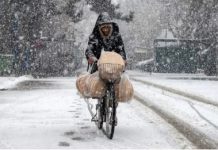UNITED NATIONS, Jan 19 (DNA): Economic recovery in Afghanistan hinges on international support for boosting productivity and reinstating women’s rights, the UN Development Programme (UNDP) said in a new report released Friday.
The report paints a bleak picture of socio-economic conditions since the Taliban returned to power in August 2021, with the erosion of women’s rights and a banking system near collapse, identified as major areas of concern.
The Afghan economy has not recovered from the cumulative 27 per cent shrinkage experienced since 2020 and appears to be stabilizing at a very low level of activity.
This is largely due to restrictions on the banking sector, disruptions in trade and commerce, weakened and isolated public institutions and almost no foreign investment and donor support for sectors such as agriculture and manufacturing.
Public institutions, particularly in the economic sector, continue to lose technical expertise and capabilities, including women employees, which is further exacerbating the situation.
Although progress has been made in some areas – including in maintaining stability and security, and controlling opium production and illicit trade – it has not been enough to change the country’s trajectory.
Furthermore, the humanitarian and economic crises, as well as restrictions on women’s rights, have had a severe impact on the female population.
Women not only have limited access to public spaces, they also now consume less food and experience greater income inequality compared to men. The proportion of women working across all sectors has also dropped dramatically, from 11 per cent in 2022 to just six per cent this year.
The report also introduces the Subsistence-Insecurity Index (SII), which utilizes 17 non-monetary indicators across three dimensions to measure deprivation.
Nearly 70 per cent of Afghans are unable to fulfill their basic needs for food, healthcare, employment and other daily requirements, according to the index.
International assistance has been vital in Afghanistan. It has saved millions from starvation, prevented thousands of livelihoods and microenterprises from disappearing, and helped stave off economic collapse.
However, aid flows are declining at a time when an overwhelming majority of the population remains highly vulnerable, Stephen Rodriques, UNDP Resident Representative in the country, said.
“The assistance and efforts require complementary investment to stimulate the recovery of the private sector, financial system, and overall production capacity of the economy,” he said.
The report stressed the need to address challenges in the banking system, including the microfinance sector – crucial for supporting women-led micro and small enterprises, which have experienced a 60 per cent contraction since 2021.
Women’s economic participation must be at the forefront of any efforts aimed at addressing the crises in Afghanistan, UNDP said.
The agency called for integrating local economic development, resilience against shocks and robust private sector-led growth to sustain livelihoods.
It also called for a focus on lasting recovery and prioritizing the needs of all vulnerable Afghans, particularly women and girls.

















